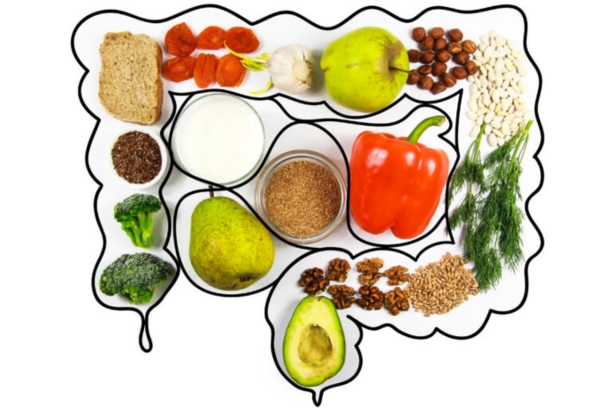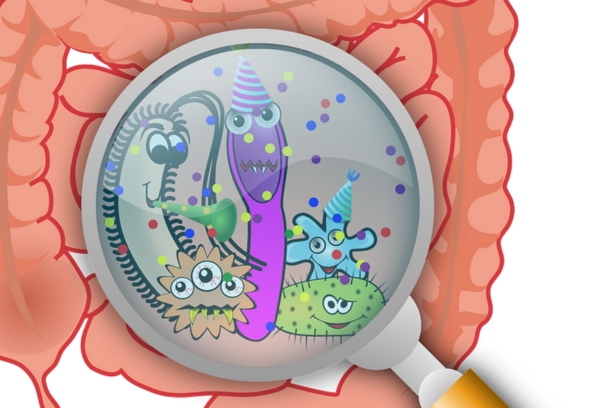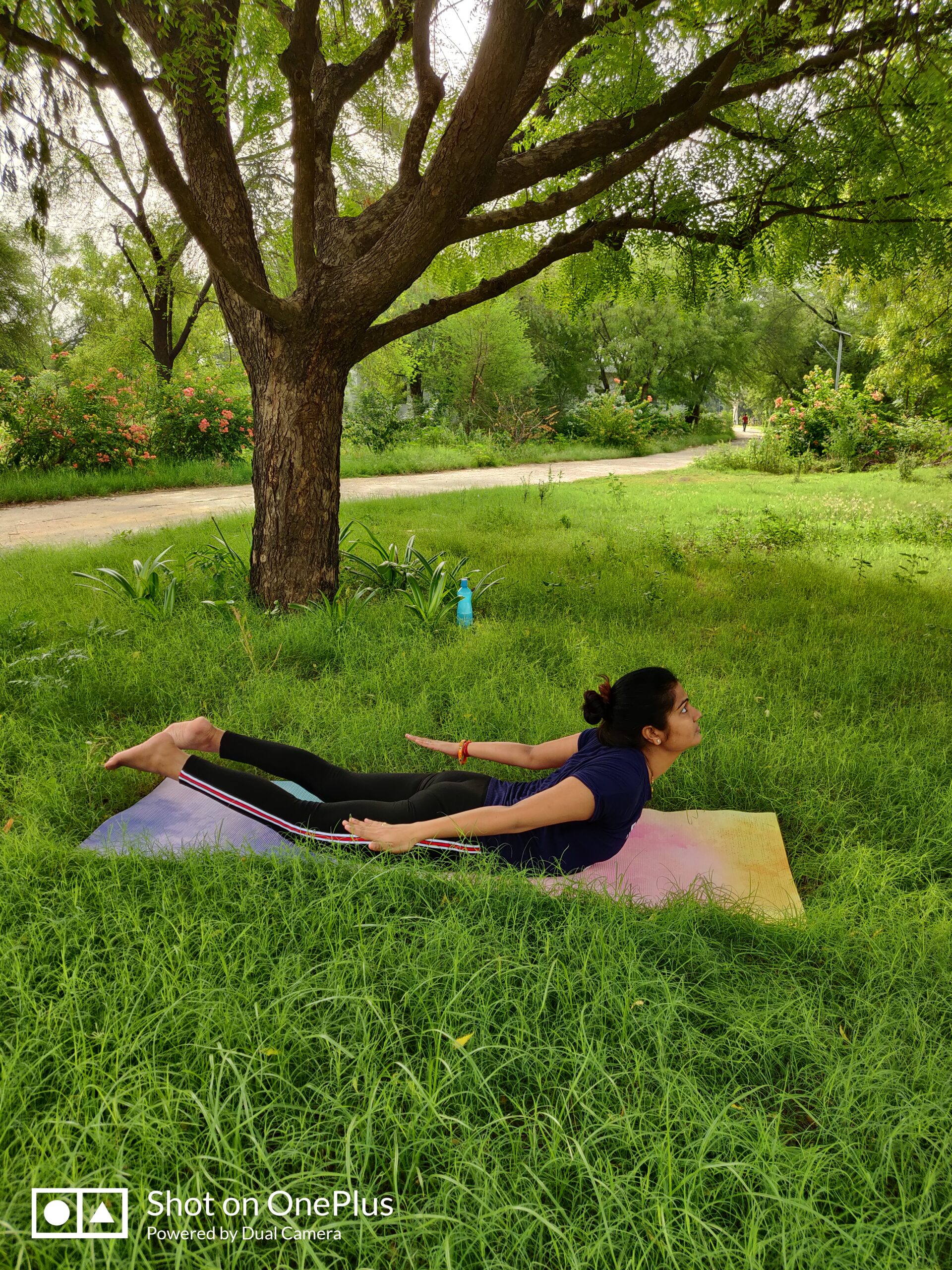Introduction: Living with Irritable Bowel Syndrome (IBS) can be an intricate and often frustrating journey. Conventional treatments provide relief for some, but for those seeking holistic solutions, naturopathic approaches offer a unique and different perspective. In this comprehensive article, we explore innovative naturopathic treatments and therapies for IBS, addressing the underlying causes, promoting gut health, and enhancing overall well-being.
Causes and Symptoms of Irritable Bowel Syndrome (IBS): Unraveling the Complex Web
Irritable Bowel Syndrome (IBS) is a gastrointestinal disorder characterized by a range of uncomfortable and distressing symptoms. While its exact cause remains complex and multifaceted, understanding the contributing factors and recognizing the symptoms is essential for effective management. In this section, we delve into the primary causes of IBS and the common symptoms associated with this condition.

Causes of IBS:
IBS is influenced by a combination of factors that affect the gastrointestinal system, nervous system, and gut-brain connection. While the precise cause is not fully understood, several key factors contribute to the development of IBS:
- Gut Sensitivity: Individuals with IBS often have heightened sensitivity in their gastrointestinal tract, which can lead to pain and discomfort even with mild stimuli.
- Alterations in Gut Microbiota: An imbalance in gut bacteria composition may contribute to IBS symptoms, as the microbiota plays a crucial role in digestion and gut health.
- Visceral Hypersensitivity: Some individuals with IBS have heightened sensitivity to pain and discomfort within their digestive organs.
- Dysfunctional Gut Motility: Irregular or spasmodic muscle contractions in the intestines can result in altered bowel movements and abdominal discomfort.
- Stress and Psychological Factors: Emotional stress, anxiety, and depression can exacerbate IBS symptoms and contribute to its development.
- Dietary Triggers: Certain foods, such as high FODMAP (fermentable oligosaccharides, disaccharides, monosaccharides, and polyols) foods, caffeine, and artificial sweeteners, can trigger or worsen IBS symptoms.

Symptoms of IBS: Recognizing the Signs
IBS symptoms can vary widely among individuals and may change over time. Common symptoms include:
- Abdominal Pain: Recurring abdominal pain or discomfort is a hallmark of IBS. It is often relieved by passing gas or having a bowel movement.
- Bloating: Many individuals with IBS experience bloating and a sensation of abdominal fullness.
- Altered Bowel Habits: IBS can lead to changes in bowel movements, including diarrhea, constipation, or alternating between the two.
- Mucus in Stool: Some individuals notice the presence of mucus in their stool, which may be associated with IBS.
- Urgency: A sudden and intense urge to have a bowel movement is common in individuals with IBS.
- Incomplete Evacuation: Feeling that the bowel movement is not complete or that there is a need to return to the toilet shortly after.
- Gut-Brain Symptoms: Anxiety, depression, and stress can exacerbate IBS symptoms, indicating the close relationship between the gut and the brain.
- Dietary Triggers: Certain foods may worsen IBS symptoms in some individuals. Identifying and avoiding these triggers can provide relief.
Naturopathic Treatments and Therapies for Irritable Bowel Syndrome (IBS): Navigating the Path to Relief
Naturopathic approaches to managing Irritable Bowel Syndrome (IBS) focus on addressing the underlying factors that contribute to symptoms, promoting gut health, and enhancing overall well-being. Through a combination of natural therapies and holistic strategies, individuals with IBS can experience significant relief. In this section, we explore the diverse range of naturopathic treatments and therapies that offer innovative solutions for managing IBS.
1. Personalized Dietary Modifications:
Naturopathic doctors emphasize the importance of identifying dietary triggers that exacerbate IBS symptoms. Customized dietary plans may include:
- Low FODMAP Diet: Reducing fermentable carbohydrates that can trigger gut symptoms.
- Elimination Diets: Temporary removal of potential trigger foods followed by controlled reintroduction.

2. Herbal Medicine:
Herbs with anti-inflammatory and gut-soothing properties are commonly used to alleviate IBS symptoms:
- Peppermint Oil: Reduces intestinal spasms and discomfort.
- Chamomile: Calms the digestive system and reduces inflammation.
- Turmeric: Possesses anti-inflammatory and gut-healing properties.

3. Fomentation: Fomentation involves the application of warm or moist compresses to the abdomen. This therapy relaxes abdominal muscles, reduces tension, and enhances blood circulation in the digestive organs. Fomentation can alleviate pain, bloating, and discomfort associated with IBS.
4. Enema: Enema therapy involves the introduction of a liquid solution into the rectum to promote bowel movements and cleanse the lower colon. For IBS, enemas can aid in relieving constipation and reducing abdominal distension.

5. Mud Therapy: Mud therapy, also known as pelotherapy, utilizes the healing properties of mud to improve circulation and detoxification. Mud packs applied to the abdomen can soothe inflammation, ease spasms, and provide relief from IBS symptoms.

6. Massage Therapy: Gentle abdominal massage stimulates the digestive organs, enhances blood flow, and supports healthy peristalsis. This therapy can alleviate bloating, encourage regular bowel movements, and reduce abdominal discomfort.

7. Steam Therapy: Steam therapy involves exposing the body to warm steam, promoting relaxation and enhancing circulation. Steam baths or localized steam application to the abdomen can ease IBS symptoms by relaxing the gut muscles and promoting detoxification.

8. Hydrotherapy: Hydrotherapy uses water in various forms to stimulate healing. Techniques such as alternating hot and cold compresses or immersion baths can improve blood flow, reduce inflammation, and alleviate IBS-related discomfort.

9. Probiotics and Gut Microbiome Support:
Balancing the gut microbiota is crucial for managing IBS symptoms. Probiotics and prebiotics support a healthy microbial environment in the digestive tract:
- Probiotic Supplements: Provide beneficial bacteria that aid digestion and reduce inflammation.
- Fermented Foods: Incorporating fermented foods like yogurt, kefir, and sauerkraut supports gut health.
10. Mind-Body Techniques:
The mind-gut connection plays a significant role in IBS. Mind-body therapies promote relaxation and reduce stress, thereby alleviating symptoms:
- Yoga and Meditation: Reduces stress and promotes healthy digestion.
- Hypnotherapy: Addresses gut-brain communication to alleviate symptoms.
11. Lifestyle Modifications:
Naturopathic practitioners emphasize the importance of lifestyle factors in managing IBS:
- Stress Management: Techniques like deep breathing, mindfulness, and progressive muscle relaxation reduce stress’s impact on the gut.
- Physical Activity: Regular exercise supports digestion and reduces IBS symptoms.
12 Digestive Enzymes:
Supplemental digestive enzymes can aid in the breakdown of food, supporting optimal digestion and reducing discomfort.
13. Acupuncture and Acupressure:
These traditional therapies stimulate specific points to restore balance and promote gut health, alleviating IBS symptoms.

14. Consultation with a Naturopathic Doctor:
Working with a qualified naturopathic doctor is essential for personalized IBS management:
- Comprehensive Assessment: A holistic evaluation of factors contributing to IBS symptoms.
- Tailored Treatment Plan: A customized plan that addresses individual triggers and promotes overall well-being.
Yogic Management for Irritable Bowel Syndrome (IBS): Nurturing Digestive Harmony
Yoga, an ancient practice that unites body, mind, and spirit, offers a holistic approach to managing Irritable Bowel Syndrome (IBS). Through a combination of gentle movements, breath awareness, and relaxation techniques, yogic practices can alleviate IBS symptoms, promote gut health, and restore balance to the digestive system. In this section, we explore how specific yogasanas and yogic management techniques can provide relief for individuals with IBS.
1. Pawanmuktasana (Wind-Relieving Pose): This reclining pose involves drawing the knees toward the chest while lying on your back. Pawanmuktasana helps alleviate gas, bloating, and discomfort associated with IBS.

2. Ardha Matsyendrasana (Half Lord of the Fishes Pose): This seated twist gently massages the abdominal organs, stimulating digestion and promoting the flow of fluids in the digestive tract. Ardha Matsyendrasana can help relieve constipation and enhance gut health.

3. Uttanasana (Standing Forward Bend): Uttanasana calms the mind, reduces stress, and aids digestion by providing a gentle compression to the abdomen. It promotes relaxation and encourages healthy bowel movements.

4. Supta Matsyendrasana (Reclining Spinal Twist): This supine twist improves digestion, reduces bloating, and relieves tension in the abdominal area. Supta Matsyendrasana also enhances the mind-body connection.

5. Apanasana (Knees-to-Chest Pose): Similar to Pawanmuktasana, Apanasana involves hugging the knees to the chest while lying on your back. It aids in releasing trapped gas and easing abdominal discomfort.
6. Bhujangasana (Cobra Pose): Bhujangasana stretches the abdominal muscles, improves digestion, and stimulates the abdominal organs. It promotes circulation in the digestive system and relieves constipation.

7. Nadi Shodhana Pranayama (Alternate Nostril Breathing): This calming breathing technique balances the nervous system, reduces stress, and supports overall well-being. It encourages relaxation and can alleviate IBS symptoms triggered by stress.

8. Deep Abdominal Breathing: Practicing deep diaphragmatic breathing engages the parasympathetic nervous system, promoting relaxation and reducing stress’s impact on digestion.
9. Yoga Nidra (Yogic Sleep): Yoga Nidra is a guided relaxation technique that induces deep relaxation and reduces stress. It can aid in managing the psychological factors that contribute to IBS.

10. Meditation and Mindfulness: Mindful meditation fosters a calm mind, reducing stress and anxiety that often exacerbate IBS symptoms. It enhances the mind-gut connection and promotes well-being.
Unveiling the Complexity of IBS
Understanding IBS: IBS is a gastrointestinal disorder characterized by abdominal pain, bloating, and altered bowel habits. Its multifaceted nature involves a combination of factors, including diet, stress, gut microbiota, and inflammation.
The Limitations of Conventional Approaches: Conventional treatments often focus on symptom relief without addressing the root causes. Naturopathic management seeks to dive deeper, offering a holistic perspective on IBS.

Conclusion:
Naturopathic management for IBS delves into the intricate interplay of physical, mental, and environmental factors.Understanding the intricate interplay between causes and symptoms of IBS is crucial for accurate diagnosis, effective management, and improved quality of life.By embracing these naturopathic treatments and therapies, individuals with IBS can experience relief from symptoms and improve their quality of life.Incorporating these yogasanas and yogic practices into your daily routine can provide relief from IBS symptoms and promote digestive harmony.




